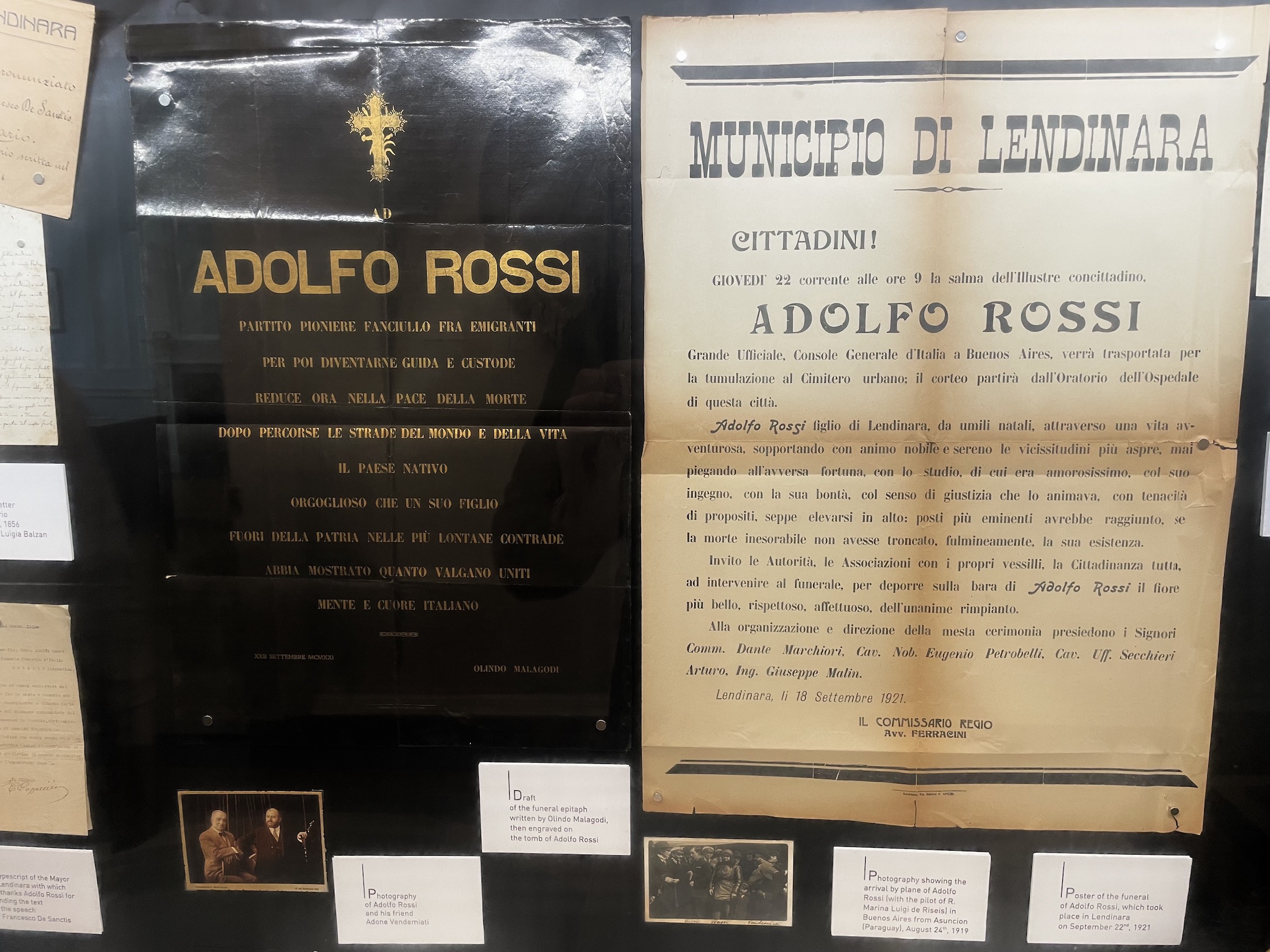Fabio Finotti, the director of the Italian Cultural Institute in New York, proudly unveiled a groundbreaking exhibition on Italian immigration in the United States. The exhibition, which sheds light on the immense influence of Italian immigrants in shaping the history and culture of both the United States and Italy, was warmly welcomed by attendees and esteemed guests.
The event received a resounding endorsement from Italian Ambassador Mariangela Zappia, who emphasized the significance of immigration in the fabric of American society and its profound impact on both Americas. Ambassador Zappia’s message resonated deeply with Finotti and the visitors, highlighting the importance of recognizing the pivotal role immigration has played in the development of both countries.
“I am extremely delighted by the powerful message conveyed by the Ambassador, underscoring the importance of immigration in the United States and the two Americas, as well as in the development of Italy’s countries of origin,” Finotti expressed with enthusiasm. “This exhibition is a testament to the bridge that has been built, connecting our nations through the stories and experiences of Italian immigrants.”

The inauguration event drew the participation of representatives from prominent Italian-American associations, as well as noteworthy research institutions that have been diligently working to rediscover and narrate the history of immigrants. These organizations continue to foster the institutional relationship that the Italian government established in the late 1800s, maintaining strong ties with Italians abroad.
One notable figure highlighted in the exhibition is Adolfo Rossi, whose personal account portrays the firsthand experience of immigration. Born in 1857 into a middle-class family in Valdentro, Italy, Rossi became a renowned journalist known for his fearless reporting and dedication to the truth. After starting his career in journalism in New York, where he embraced the concise and firsthand reporting style of American journalism and his work had a significant impact, leading to policy changes and promoting awareness of social injustices. Rossi also ventured into the realm of diplomacy: despite lacking formal academic credentials, he became a diplomat in 1908, supported by the defense presented by Francesco Saverio Nitti, an advocate who highlighted Rossi’s expertise and experience gained as an immigrant, journalist, and commissioner-general for emigration. His first post as a first-class consul was in Denver, Colorado.
The exhibition showcases two dedicated halls focusing on the journey of Italian emigrants, particularly those from Naples. These halls feature an extensive collection of historical documents, including passports, customs clearance cards dating back to the pre-unification era, as well as certificates of nationality. Additionally, visitors can explore certificates issued by companies in the late 19th century, which were mandated to ensure humane conditions for immigrants by the immigration commissioners.

“During this period” Finotti stressed, “Naples emerged as a central hub where migrants from all over Italy converged before embarking on their journeys. The exhibition provides valuable insights into the challenges faced by Italian immigrants, their aspirations, and the remarkable contributions they made to their adopted homeland”.
The Italian Cultural Institute in New York, under the guidance of Fabio Finotti, has achieved yet another milestone in its efforts to preserve and promote Italian culture and heritage. By highlighting the profound impact of Italian immigration, this exhibition serves as a poignant reminder of the enduring connections between nations and the rich tapestry of shared histories.
As visitors engage with the exhibition, they are invited to reflect on the resilience, determination, and cultural legacy of Italian immigrants who left their homeland in search of new opportunities. The stories of their struggles and triumphs continue to inspire generations and strengthen the enduring bond between Italy and the United States.













